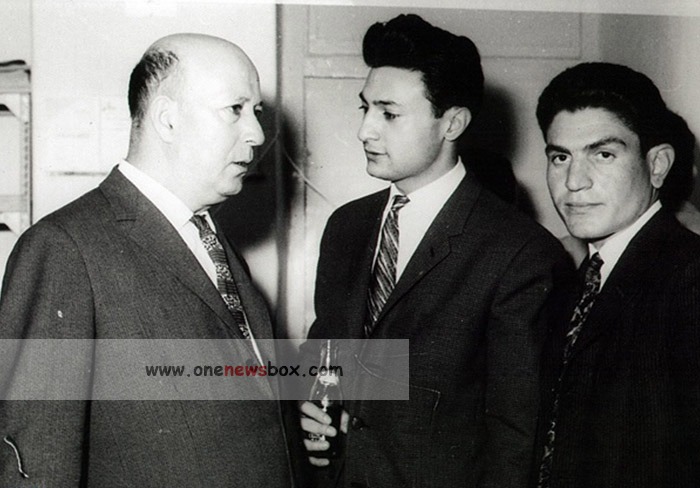Nevertheless, Maleki was never comfortable with authoritarian strains of communism. He was more influenced by democratic socialism and the writings of Karl Kautsky than by Lenin or the Bolshevik model. He admired European social democratic parties, especially in Germany, for their commitment to parliamentary governance, civil liberties, and social welfare.
This intellectual orientation distanced him from the more orthodox Marxists in Arani’s circle. He was never drawn to the idea of a vanguard party or dictatorship of the proletariat. Instead, Maleki believed socialism in Iran must be adapted to local realities, infused with democratic values and national independence.
Return to Iran and Early Career
Maleki’s stay in Germany was cut short. After a dispute with Iranian educational authorities, he lost his scholarship and returned home. He subsequently enrolled at the Higher Institute of Philosophy in Tehran. Upon completing his studies, he worked as a high school chemistry teacher and later became the principal of Samsami High School in Arak.
His influence as an educator was considerable. Students described him as more than a teacher—he was a mentor, an intellectual force, and a moral compass. He often used scientific metaphors in his philosophical writings, comparing society to biological organisms and referencing chemical processes to explain political and ethical dynamics.

